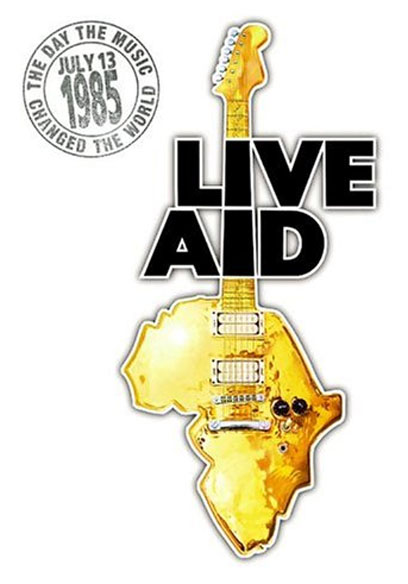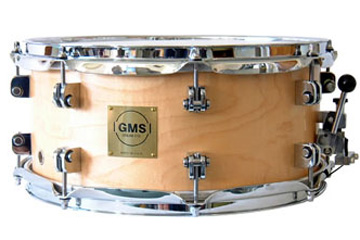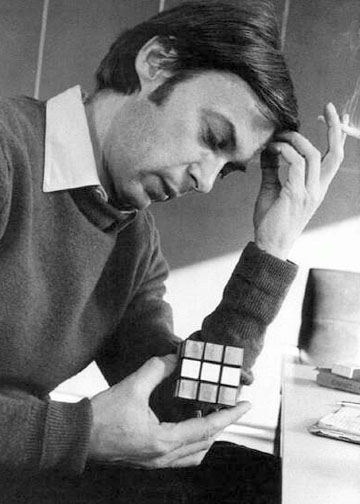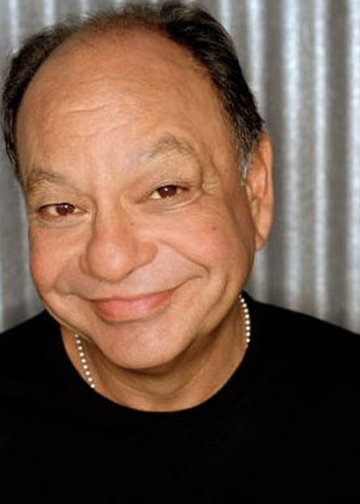|
|
In the modern world of business, it is useless to be a creative original thinker unless you can also sell what you create. Management cannot be expected to recognize a good idea unless it is presented to them by a good salesman.
- David M. Ogilvy
Today is Sunday - July 13th, 2025
On This Day In History:

1985 - LIVE AID CONCERT
On July 13, 1985, at Wembley Stadium in London, Prince Charles and Princess Diana officially open Live Aid, a worldwide rock concert organized to raise money for the relief of famine-stricken Africans. Continued at JFK Stadium in Philadelphia and at other arenas around the world, the 16-hour "superconcert" was globally linked by satellite to more than a billion viewers in 110 nations. In a triumph of technology and good will, the event raised more than $125 million in famine relief for Africa.
Live Aid was the brainchild of Bob Geldof, the singer of an Irish rock group called the Boomtown Rats. In 1984, Geldof traveled to Ethiopia after hearing news reports of a horrific famine that had killed hundreds of thousands of Ethiopians and threatened to kill millions more. After returning to London, he called Britain's and Ireland's top pop artists together to record a single to benefit Ethiopian famine relief. "Do They Know It's Christmas?" was written by Geldof and Ultravox singer Midge Ure and performed by "Band Aid," an ensemble that featured Culture Club, Duran Duran, Phil Collins, U2, Wham!, and others. It was the best-selling single in Britain to that date and raised more than $10 million.
"Do They Know It's Christmas?" was also a No. 1 hit in the United States and inspired U.S. pop artists to come together and perform "We Are the World," a song written by Michael Jackson and Lionel Ritchie. "USA for Africa," as the U.S. ensemble was known, featured Jackson, Ritchie, Geldof, Harry Belafonte, Bob Dylan, Cyndi Lauper, Paul Simon, Bruce Springsteen, Tina Turner, Stevie Wonder, and many others. The single went to the top of the charts and eventually raised $44 million.
With the crisis continuing in Ethiopia, and the neighboring Sudan also stricken with famine, Geldof proposed Live Aid, an ambitious global charity concert aimed at raising more funds and increasing awareness of the plight of many Africans. Organized in just 10 weeks, Live Aid was staged on Saturday, July 13, 1985. More than 75 acts performed, including Elton John, Madonna, Santana, Run DMC, Sade, Sting, Bryan Adams, the Beach Boys, Mick Jagger, David Bowie, Queen, Duran Duran, U2, the Who, Tom Petty, Neil Young, and Eric Clapton. The majority of these artists performed at either Wembley Stadium in London, where a crowd of 70,000 turned out, or at Philadelphia's JFK Stadium, where 100,000 watched. Thirteen satellites beamed a live television broadcast of the event to more than one billion viewers in 110 countries. More than 40 of these nations held telethons for African famine relief during the broadcast.
A memorable moment of the concert was Phil Collins' performance in Philadelphia after flying by Concorde from London, where he performed at Wembley earlier in the day. He later played drums in a reunion of the surviving members of Led Zeppelin. Beatle Paul McCartney and the Who's Pete Townsend held Bob Geldof aloft on their shoulders during the London finale, which featured a collective performance of "Do They Know It's Christmas?" Six hours later, the U.S. concert ended with "We Are the World."
Live Aid eventually raised $127 million in famine relief for African nations, and the publicity it generated encouraged Western nations to make available enough surplus grain to end the hunger crisis in Africa. Geldof was later knighted by Queen Elizabeth II for his efforts.
|
Celebrating Birthdays Today:
|
What Happened on Your Special Day?
I became a fan of "today in history" information when I was very young. My father had a calendar that he had put together of "reasons to celebrate". If anybody asked "what are we celebrating?" my father could check his book and come up with a reason to celebrate for any day of the year. Charlie Chaplin's birthday, Buster Keaton's birthday, the anniversary of the opening of the Golden Gate Bridge, for every day of the year, my father's calendar had some interesting historical event that had occurred.
With this page I have tried to continue the tradition. Generally, I prefer to include birthdays and anniversaries of positive, uplifting, life affirming people and events that have had particular significance in my life. It's here because it was important to me.
I am trying to continually update with links from stories to other relevant sites. Check back regularly for a story on something interesting that happened on this day in history.
There are many, many, sites out there that have a lot of "this day in history" information. Many are not so great, full of inaccurate information and "negative vibes". However, there are a few that are really fabulous. Here are links to a few of my favorites. These sites feature "Today in History" stories for today, and some include archives that will enable you to look up information for any other date in history that is special to you:
This Day in History
The History Channel tells you what happened in Automotive, Civil War, Cold War, Crime, Entertainment, General Interest, Literary, Old West, Vietnam War, Wall Street, and World War II history for today or any day.
Life Magazine Covers
Life offers a look at covers from this day in history.
New York Times: On This Day
Lists events which occurred on each month and day of the year throughout history. Links to New York Times articles on the events when available.
Today in History
Stories and pictures from the American Memory historical collections of the U.S. Library of Congress.
The Internet Movie Database
The Internet Movie Database claims itself to be the biggest, best, most award-winning movie site on the planet. I'm not sure if it really is, but it is huge and has TONS of info on even the most obscure films, movies stars, directors, producers, etc. If it is motion picture related, you can probably find out something about it at this site.
|
|





